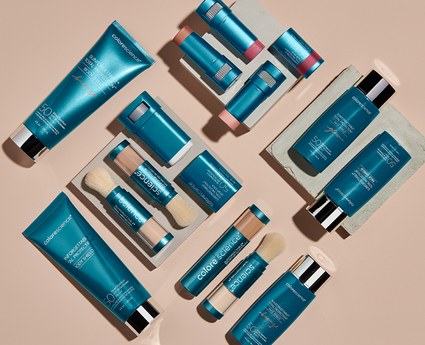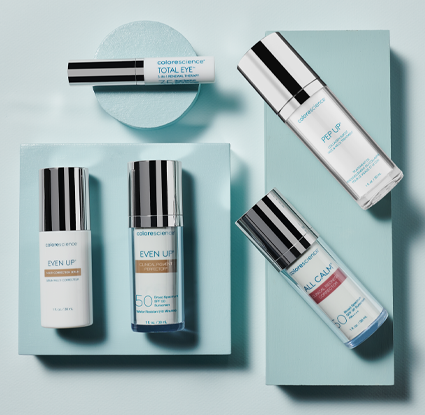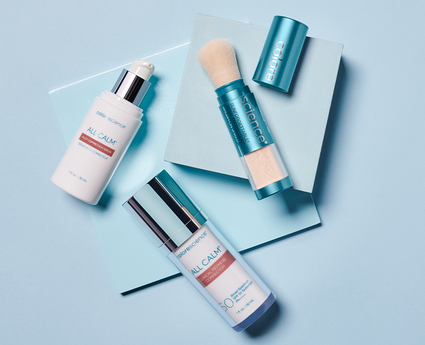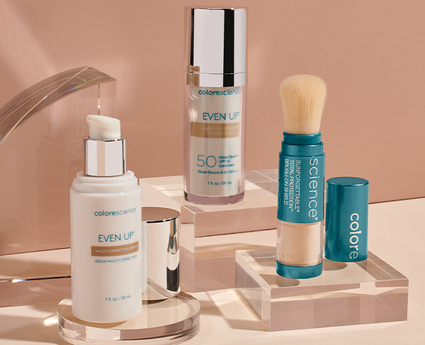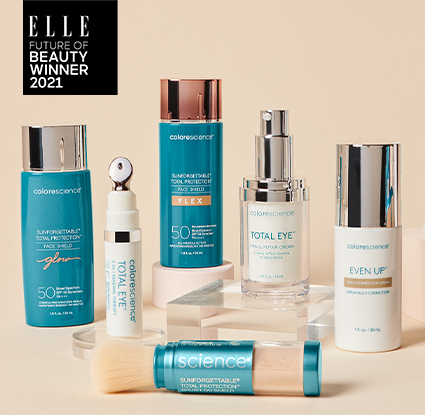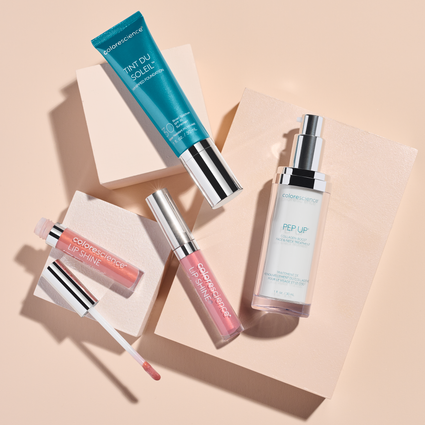Getting Ahead of the Skincare Curve - Start Young
It’s easy to take skincare for granted in our early 20’s, especially if we see wrinkles as a distant concern. By the time the first signs of aging begin to appear, the damage has already been done. Skin loses 1% of collagen each year starting at the age of 20, and it’s easier to prevent, rather than to fix the damage later.
We’ve included tips from skincare experts to help you kick-start your anti-aging regimen:
Janell, from Skin Better-
“For all patients I explain great skin care starts with SPF knowledge, understanding and compliance. I let my patients know that some people will get better results with their skin care than others because they are wearing SPF every day, so they aren’t simultaneously trying to treat their skin while damaging it every day in the sun. For younger clients, I explain it is much easier to practice preventive skin care than to have to do corrective skin care.
I explain SPF needs to be re-applied every two hours to be most effective, but a lot of my younger clients are hesitant to reapply sunscreen because they don’t want to ruin their makeup during the day. I always recommend the Sunforgettable Brush-On Sunscreen from Colorescience that has SPF50 UVA/UVB, IR, blue light, pollution defense, all mineral, no chemical actives and is reef safe*! It’s non-comedogenic and has antimicrobial bristles, which make it suitable even for my acne patients.”
Karen, from Project Skin-
“For our younger patients we like to focus on education first. We explain the importance of using a good skin care regimen that has a vitamin C, Retinol and of course sun protection. We then put together a plan for our patients. This usually consists of a visit to our Glow Room to have a medical facial with one of our aestheticians, and then if needed we could start with some laser. An IPL to help lift off some early pigmentation, or a Vascular laser to help with some redness is a great place to start.”

Millennials today are starting to take preventative care of their skin earlier than ever before. A term that is being used is prejuvenation, doctors agree that taking care of your skin while you are young will pay off when you would typically start seeing age spots and wrinkles.
According to Dermatology Times, addressing skin issues before they occur is much more effective than waiting to treat them after the fact. Something as simple as wearing SPF every morning will stop sunspots before they make their way onto your skin. This is much easier to prevent now with the right skincare, than to want to fade sunspots, crows feet and tighten the skin later. If the damage is already done, learn how to treat sun-damaged skin.
Dermatologists are seeing trends in 20 and 30 year-olds getting Botox and fillers for prejuvination, however, many doctors feel that there is not enough evidence to support it. What they do agree on is taking care of your skin with skincare and sun protection at an early age. Dr. Langsdon, M.D., agrees that prejuvination is best in the form of using sun protection from the elements and sun exposure. Make sure to apply safe sunscreen every morning, and every two hours afterward for complete protection. To make it effortless, Colorescience’s Sunforgettable Total Protection Brush-on Shield SPF 50 provides complete protection with on-the-go application, alone or over makeup.
To prevent collagen loss, which results in sagging skin and wrinkles, Colorescience’s Pep Up ® Collagen Renewal Face & Neck Treatment contains a powerful blend of ingredients to help support your skin’s own healthy collagen production. Pep Up’s clinically proven performance uses peptides, antioxidants, and deep hydration to promote collagen and elastin production, which prejuvinates the skin to prevent the visible signs of aging and wrinkles before they appear. Treat more now, worry less later!
Prejuvination can mean Botox and fillers for some, but you could definitely take preventative measures towards fine lines and wrinkles by using the right skincare and sun protection in your early 20’s. Know Better Skin.
*Reef safe as defined by Hawaii’s legislation related to the ban of SPF sunscreen products that contain oxybenzone or octinoxate.
